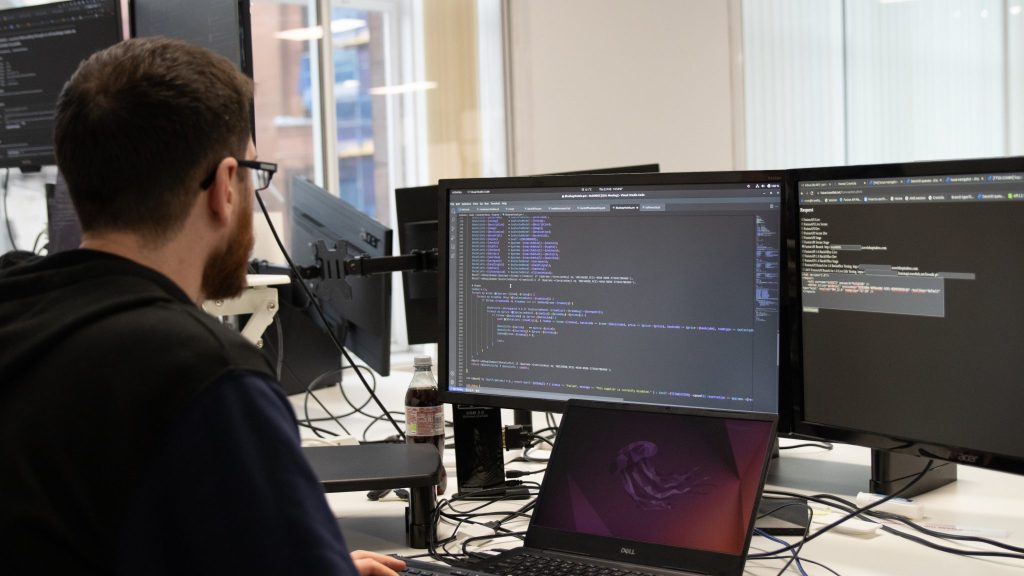Safer Internet Day takes place in February of each year to raise awareness for a safer and better internet for all. As cyber-attacks are increasing both in number and complexity, this is a great opportunity to brush up on cyber security knowledge, promote awareness, and implement some essential measures to improve cyber resilience for yourself and your company.
In this post, we’ll be sharing the measures we at Traveltek take to ensure the security of our systems and we’ll also be providing our top tips on how you, as an individual, can ensure you’re staying cyber secure.
At Traveltek, the security of our clients’ data is of utmost importance. We take a comprehensive approach to safeguarding information by incorporating industry best practices:
PCI DSS Compliance: Traveltek is proud to be PCI DSS (Payment Card Industry Data Security Standard) certified, ensuring the secure handling of payment information across all our systems and company domains.
Regular Penetration Testing: Our commitment to security includes regular penetration tests performed by external cybersecurity professionals. These simulated cyber attacks help us identify and rectify any vulnerabilities in our systems, making us more resilient against potential threats.
Continuous Vulnerability Scanning: Proactively detecting and addressing any potential weaknesses, we perform continuous vulnerability scans to minimise the risk of exploitation by potential attackers.
Data Encryption: Your data’s safety is our top priority. We apply encryption for data both in transit and at rest, providing an additional layer against any potential unauthorised access.
Staff Training and Awareness: As the cyber security landscape evolves, so do we. Our team undergoes regular training on the best practices in data security and privacy, ensuring adherence to the highest standards of security in their daily activities.
Tips for Individuals to Enhance Internet Security
When it comes to Internet security, users also play a critical role as the first line of defense against cyber threats. So here are our top five tips for you, as a user, to improve your online safety:
- Take care of your passwords: Use strong, unique passwords and a Password Manager. Each account should have a unique and hard to guess password. A password manager can help store and generate strong passwords, reducing the risk of using the same password across multiple sites. Also, it helps you with another layer of security by using Multi-Factor Authentication (MFA) on it whenever it’s possible.
- Be cautious with email attachments and links: Phishing attacks are a common way for cybercriminals to steal information. Be wary of unexpected emails, especially those that urge immediate action, request sensitive information, or contain links and attachments. When in doubt, verify the authenticity of the email by contacting the sender through a known, separate communication method.
- Keep software and systems updated: Cyber attackers often exploit vulnerabilities in outdated software so it is important to regularly update your operating systems, browsers, and any other software. The easiest way to stay on top of this is to enable automatic updates where possible.
- Use secure connections: When accessing the internet, especially when working remotely or on public Wi-Fi, using a Virtual Private Network (VPN) can help secure the connection. Also, use ‘https’ in website URLs, which indicates a secure connection, particularly when entering sensitive information.
- Educate yourself about social engineering: Social engineering attacks manipulate people into divulging confidential information. Be mindful of that and educate your colleagues about different types of social engineering tactics, such as pretexting, baiting, and tailgating. Always be skeptical and verify identities before providing any sensitive information.



